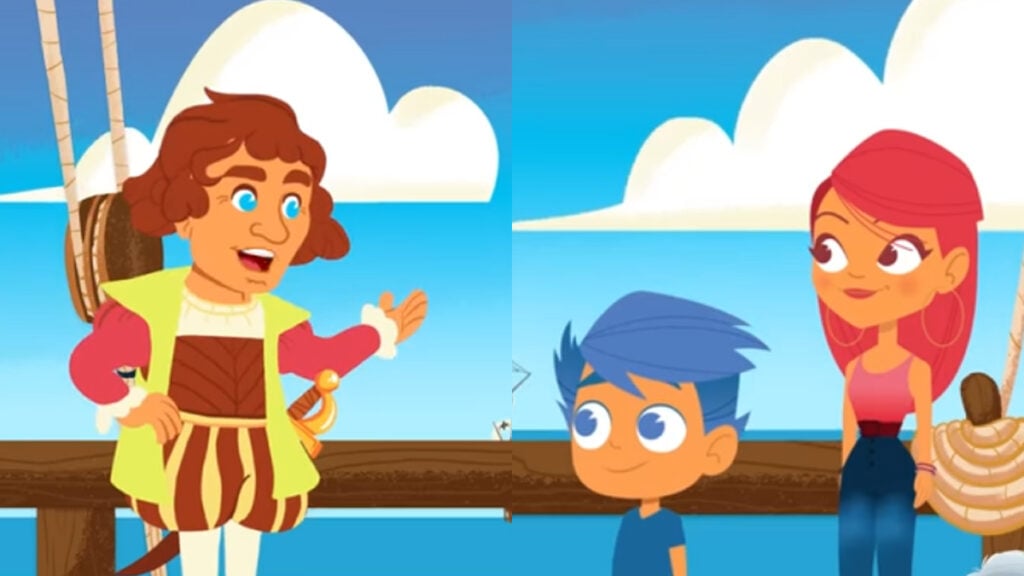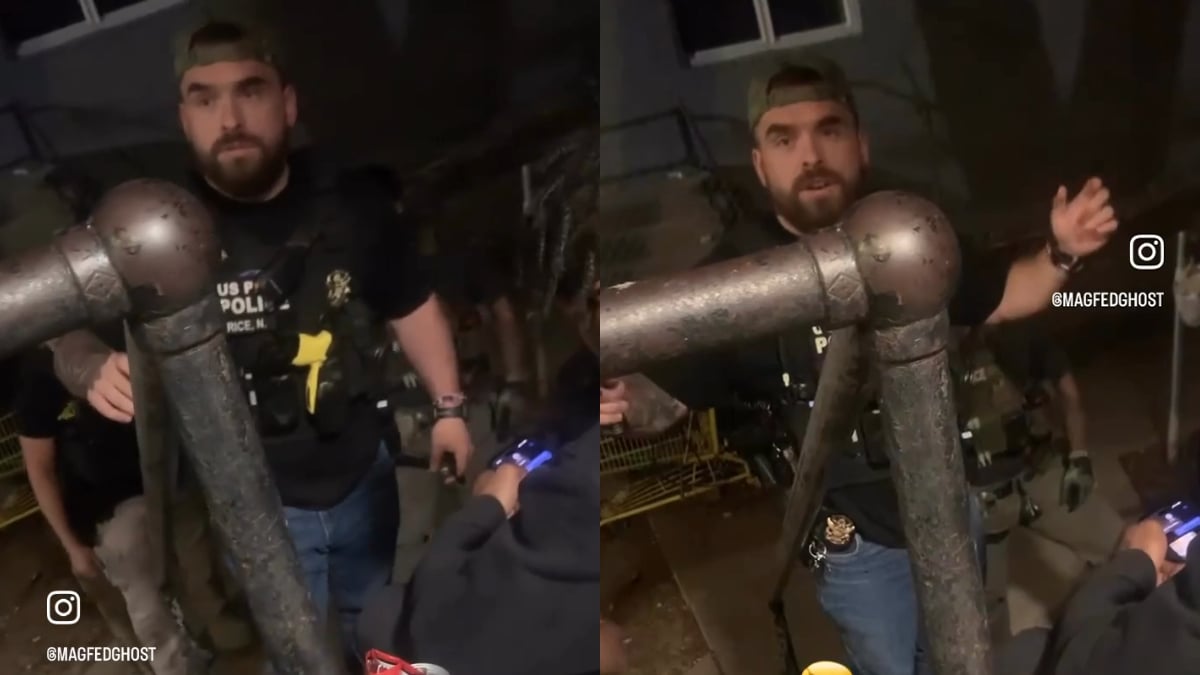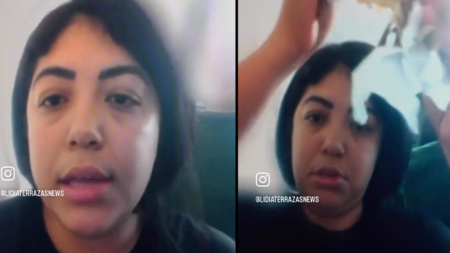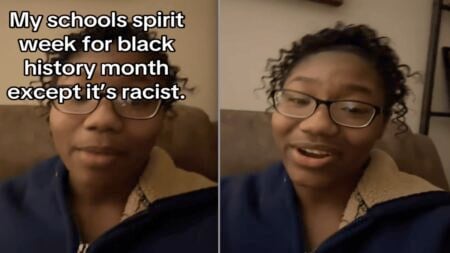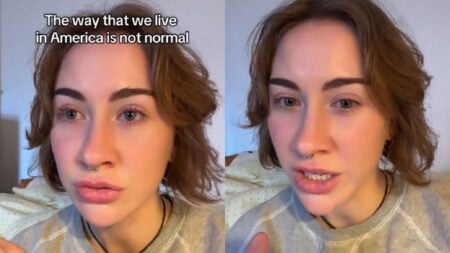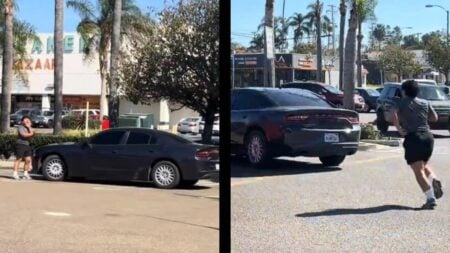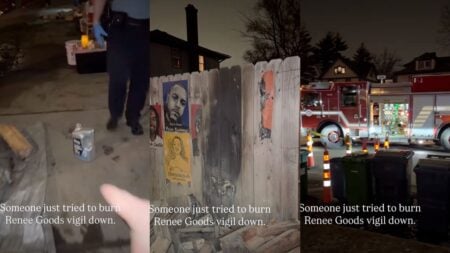While not everyone may care about PBS, you should care knowing that President Trump has cut the funding that has kept this vital organization alive. For decades, PBS has provided educational, engaging, and inspiring programming for children and communities across the country, including in Washington DC. With Congress clawing back over $500 million in federal support, PBS and NPR stations face a bleak future, and Trump’s replacement for their role in children’s education is deeply troubling.
In place of PBS, Trump has pushed for the expansion of right-wing propaganda outlets, one of the most prominent being PragerU. Although technically a nonprofit organization, PragerU is well known for its right-leaning educational content and many controversial takes. This issue is not just about political leanings. A closer look at what they are teaching kids reveals why parents should be alarmed.
One glaring example is a short PragerU video featuring Christopher Columbus. In it, the narrator minimizes the horrors of slavery, claiming it was “no big deal” because it happened everywhere and suggesting that being enslaved was better than being killed. The video goes further, urging children to consider whether people at the time even believed slavery was a bad thing. This framing is blatant historical distortion and raises serious questions about the messages being passed to young viewers.
PragerU’s questionable decisions do not stop there. The organization frequently uses AI-generated videos, including fabricated portrayals of historical figures. Trump has shown clear alignment with PragerU’s stance, often accusing those who openly discuss slavery’s atrocities of “shaming white people.” His tendency to downplay the legacy of slavery aligns with his broader pushback against anti-racism initiatives, such as removing anti-racism training from federal agencies in Washington DC and other regions.
For Trump, PragerU’s messaging appears preferable to what he calls “left-wing” educational materials. That means teaching kids that slavery was not that horrible, or at least less terrible than historians have long acknowledged, is in his view a legitimate alternative to fact-based history lessons.
Understandably, many internet users were shocked and disgusted by PragerU’s framing of slavery. Some even questioned whether the video was real (it is). One commenter asked, “Are they trying to bring back slavery?” Another pointed out that using Columbus as a mouthpiece is especially absurd, since Columbus himself was arrested and imprisoned in Europe for cruelty, a fact recognized as unacceptable even in his own time.
With the collapse of PBS funding, including for its Washington DC station, and the rise of PragerU’s distorted narratives, the future of children’s education in America looks increasingly uncertain. What is at stake is not just who tells our history, but how truth itself is defined for the next generation.

